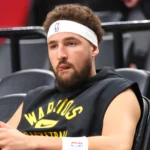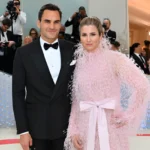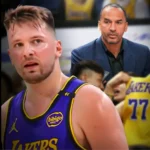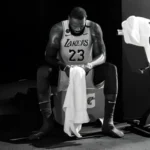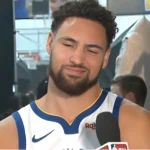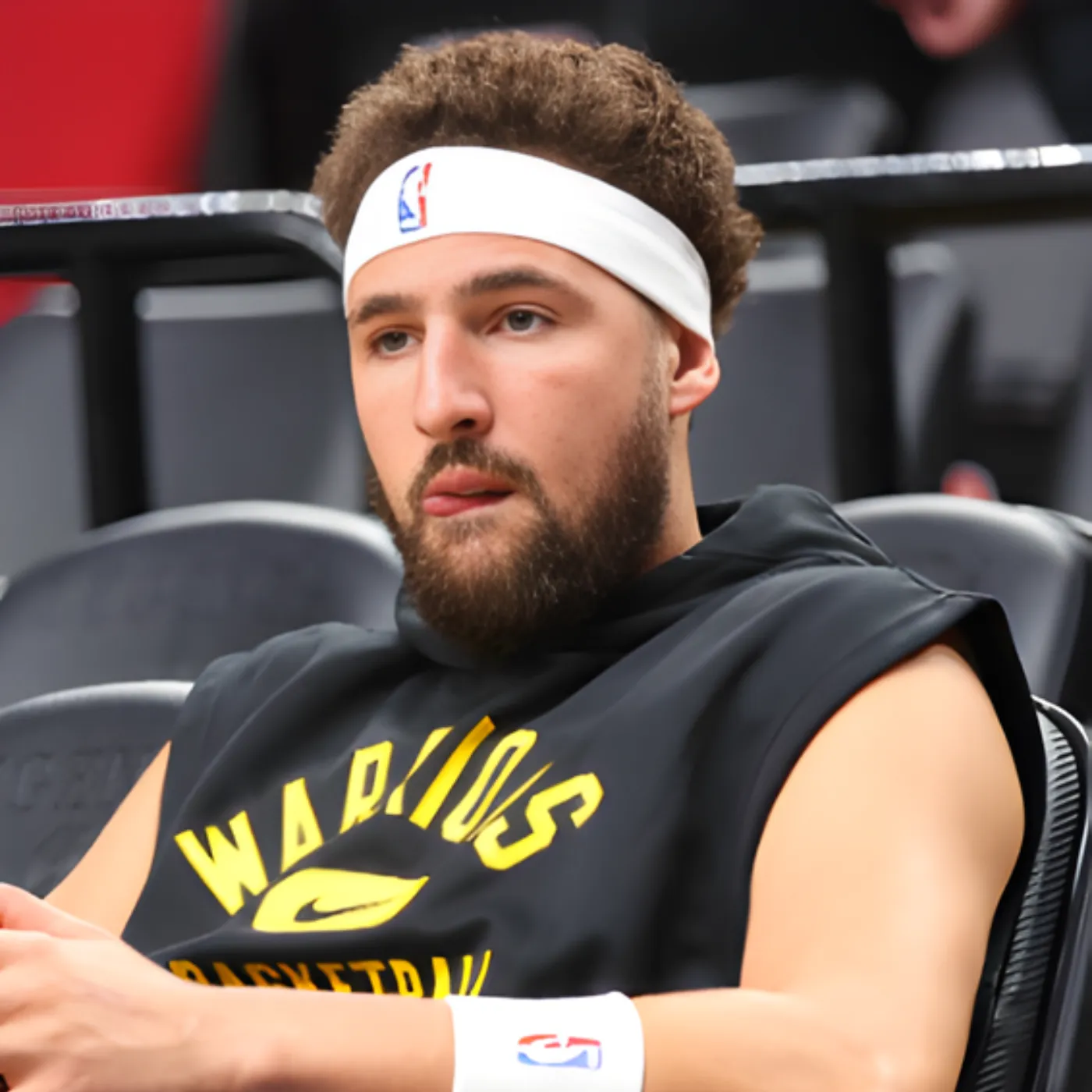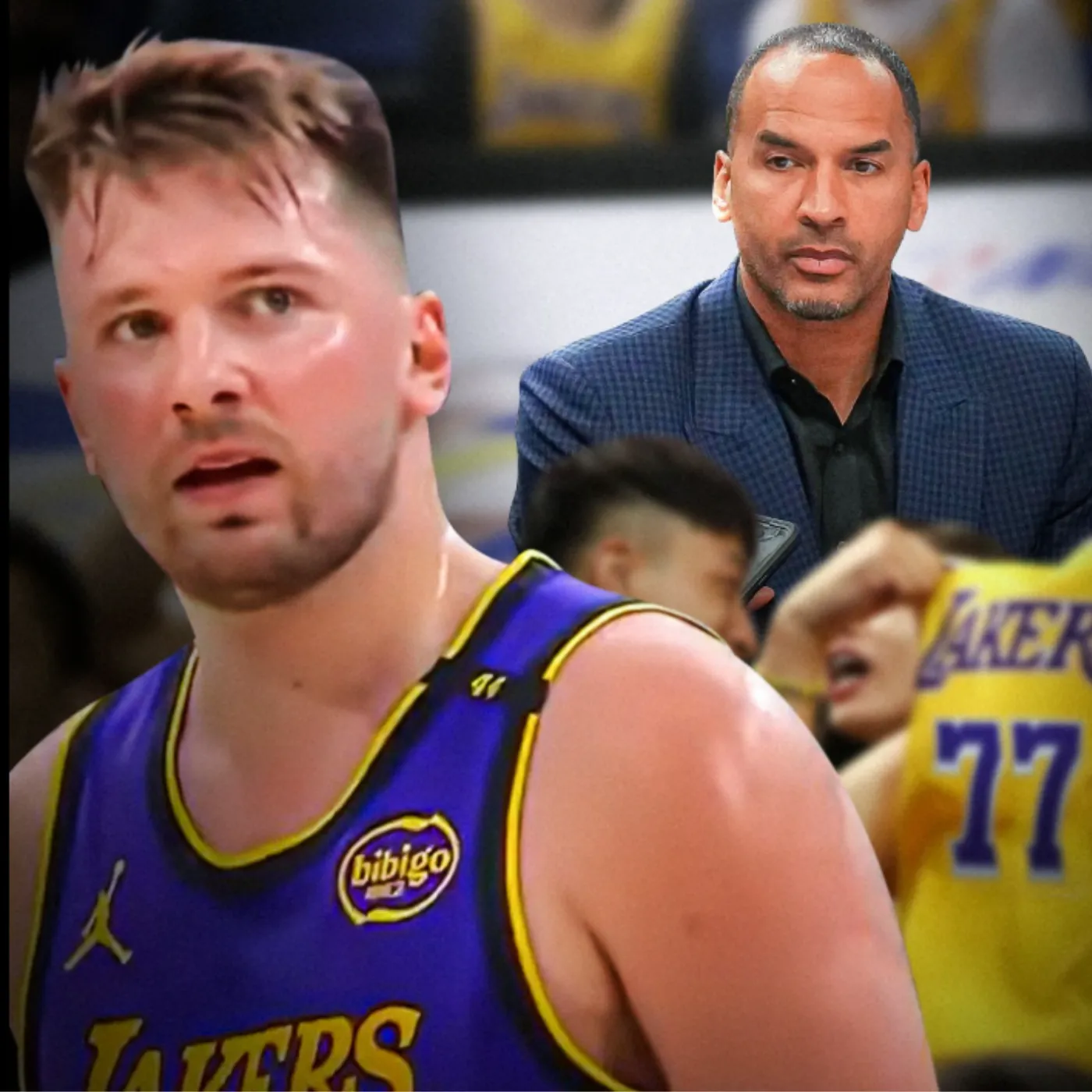

Is $122 Million Too Expensive for Kevin Durant? A Deep Dive into the Houston Rockets Conspiracy Theory
The NBA offseason in 2025 has been nothing short of spectacular, with blockbuster trades and shocking free agency decisions lighting up headlines. But perhaps no move was more controversial and conversation-worthy than the Houston Rockets acquiring future Hall-of-Famer Kevin Durant in a mega seven-team deal. With the trade finalized, the spotlight now shifts to one burning question: is Durant truly worth a $122.1 million contract extension over two years?
This article explores the multiple angles of this monumental decision, analyzing the financial implications, on-court potential, long-term team strategy, and how this high-stakes gamble could define the Rockets’ future.
The Context – Kevin Durant’s Trade to Houston
In one of the most complex and impactful trades in NBA history, Kevin Durant was moved from the Phoenix Suns to the Houston Rockets as part of a historic seven-team deal. In return, Phoenix received a package including Dillon Brooks, Jalen Green, the No.10 pick in the 2025 NBA Draft (used on Khaman Maluach), and multiple second-round picks.
While this trade signaled Houston’s intent to accelerate their rebuilding process and jump into win-now mode, it also came at the cost of core young players who had shown potential. More importantly, it placed immense pressure on the Rockets’ front office to make a decision: to extend Durant or not?
The Contract – $122.1 Million for Two Years

As a 36-year-old entering the twilight of his illustrious career, Durant is eligible for a maximum two-year, $122.1 million contract extension. This would pay him more than $61 million per year—among the highest salaries in NBA history.
From a business standpoint, locking down Durant offers several advantages:
-
It guarantees Houston a marquee superstar who still averages 25+ points per game.
-
It boosts the team’s brand value, ticket sales, and global appeal.
-
It ensures continuity after giving up substantial assets to acquire him.
However, concerns loom:
-
Durant’s age and injury history are legitimate red flags.
-
Committing max money limits flexibility to pursue other talent in future free agency windows.
-
The team risks stalling its long-term rebuild for short-term hype.
Durant’s Current Form – Still a Superstar?
Despite the whispers of decline, Durant’s on-court performance suggests otherwise. Last season with Phoenix, he posted:
-
27.1 PPG
-
6.7 RPG
-
5.3 APG
-
52.4% FG
-
41.3% 3PT
Statistically, Durant remains one of the most efficient scorers in the league. His ability to shoot over defenders, operate in isolation, and lead in clutch moments hasn’t faded. While his athleticism has slightly diminished, his basketball IQ and shooting touch are timeless weapons.
What makes Durant even more valuable is his versatility—able to play as a forward in both small-ball and traditional lineups, and able to defend multiple positions when healthy.
Financial and Strategic Implications for Houston
Cap Space and Luxury Tax
Offering Durant a full max extension severely limits Houston’s financial flexibility. With Alperen Sengun due for a new contract soon, and other young players like Amen Thompson and Cam Whitmore developing, committing $61M/year to a veteran could force tough decisions on other rising stars.
The Rockets are also considering their 2027 cap space to potentially chase a younger star or sign multiple high-impact veterans. Locking Durant in now may compromise those ambitions.
Balancing Youth and Experience
Houston has built a solid young core over the past three seasons. The acquisition of Durant, while bold, creates a generational gap within the roster. Coach Ime Udoka will need to blend experience and youth effectively—something that’s easier said than done.
Does Durant fit into this developmental arc, or does his presence warp the trajectory?
Risk vs Reward – Is Durant a Championship Catalyst?
Ultimately, the goal of every max contract is to bring a championship window into view. Can Durant do that for Houston?
The Case For:
-
Durant’s playoff experience is invaluable. With two NBA titles and multiple Finals appearances, he knows what it takes.
-
He can immediately transform the Rockets into a playoff team and possibly contenders in a wide-open Western Conference.
-
Playing alongside Sengun, Thompson, and Jabari Smith Jr., Durant could be the missing link.
The Case Against:
-
Injuries have plagued Durant’s recent seasons. Betting on his health at age 36–38 is risky.
-
Chemistry takes time. Integrating Durant’s playstyle with Houston’s young guns may not happen smoothly.
-
No guarantee of a deep playoff run in a competitive conference.
What Do Analysts Say?
Many NBA insiders and analysts are split on this issue:
-
Tim MacMahon (ESPN) noted that Houston is not expected to offer the full $122M max and might negotiate a shorter-term or incentive-based deal.
-
Brian Windhorst emphasized that Durant’s trade was “99% certain,” but Houston never saw him as a long-term centerpiece.
-
Sports Illustrated and CBS Sports both reported that the Rockets are cautious about overcommitting resources, aiming to keep cap space open for 2027.
This aligns with a growing trend in NBA front offices—max contracts only go to players who elevate teams to clear contender status. Is Durant still that kind of player?
Fan Perspective and Media Buzz
Fans in Houston are divided. Some view Durant as the superstar savior who can finally bring playoff relevance back to Clutch City. Others fear this is another Carmelo Anthony-style detour: all hype, no substance.
Social media is ablaze with speculation:
-
Should Houston trade Durant again before the deadline?
-
Would another team be willing to pay more in assets?
-
Is this all part of a bigger plan involving another superstar?
Alternative Scenarios for Houston

If Houston chooses not to offer the max extension:
-
Let Durant play out his contract: Evaluate his impact, health, and chemistry before deciding.
-
Trade Durant mid-season: Recoup assets if the Rockets aren’t contending by the All-Star break.
-
Negotiate a team-friendly deal: Offer less than max but include performance bonuses and opt-outs.
Each path has pros and cons. But one truth remains: letting Durant walk for nothing after giving up young stars would be a disaster.
Verdict – Is It Worth It?
So, is Durant worth $122 million?
Yes – if the Rockets are all-in on winning now. His scoring, experience, and leadership could propel the team to playoff success and shift the franchise narrative.
No – if the priority remains long-term development. The risk of injury, cap space restrictions, and potential culture clash with younger players may outweigh the benefits.
It’s a classic NBA gamble: risk now for reward later.
Conclusion
The Rockets’ acquisition of Kevin Durant has put them at a crossroads. While $122 million for a two-year extension sounds like a steep price, it could also be the cost of legitimacy in a league where superstars remain the ultimate currency.
As Houston weighs this decision, one thing is certain: the entire NBA is watching.
In the end, whether the Durant era becomes a triumphant chapter or a cautionary tale will depend not just on how much he’s paid—but on what the team builds around him.
